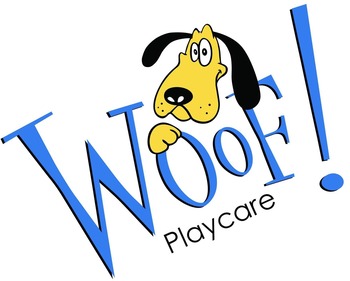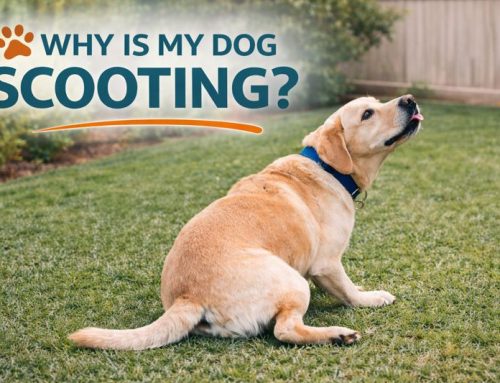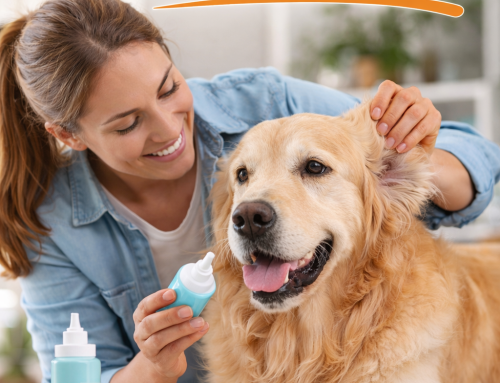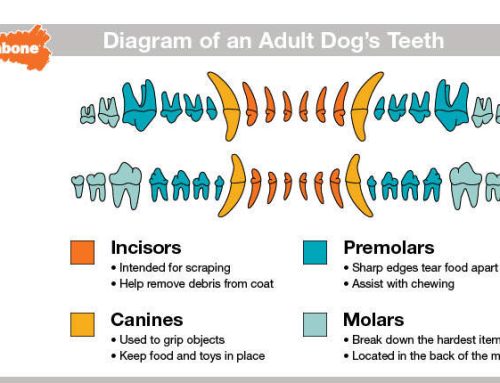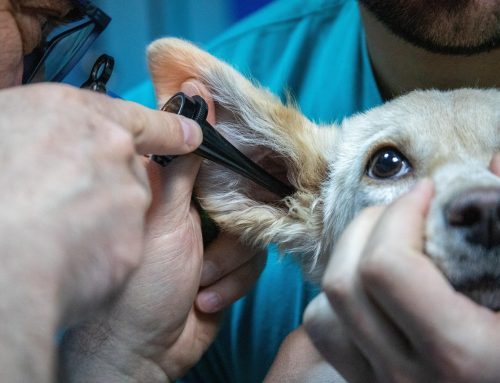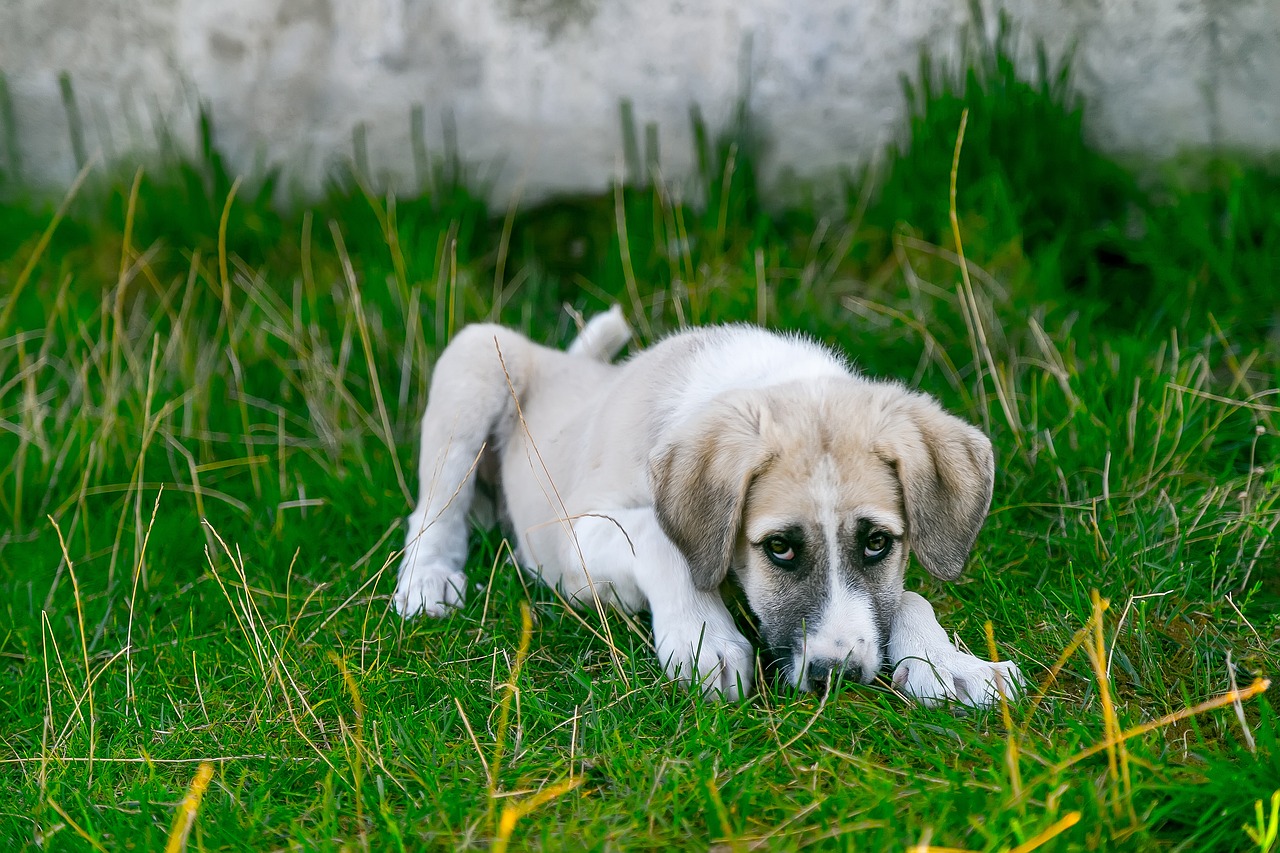
If you’ve ever dropped your dog off at a kennel, daycare, or grooming salon, you may have heard of kennel cough. It’s one of the most common respiratory infections in dogs, and it spreads quickly wherever dogs gather. But what is kennel cough exactly, and how serious is it?
What Is Kennel Cough?
Kennel cough, also known as canine infectious tracheobronchitis, is a contagious respiratory disease that affects dogs. It’s similar to a chest cold in humans and is typically characterized by a harsh, hacking cough. While kennel cough is usually mild, it can become more serious in puppies, senior dogs, or dogs with weakened immune systems.
The name “kennel cough” comes from the environments where the illness is most commonly spread—kennels, shelters, daycare centers, grooming salons, and other places where many dogs are housed or interact closely. In these areas, the infection can spread quickly through airborne particles, contaminated surfaces, or direct dog-to-dog contact.
While it may sound scary, most healthy dogs recover from kennel cough with rest and minimal treatment. Still, it’s important to recognize the signs early and take steps to prevent or manage an outbreak.
How Do You Know If Your Dog Has Kennel Cough?
The most noticeable sign of kennel cough is the distinctive, dry hacking cough. It often sounds like your dog is trying to clear something from their throat. Some dogs may also gag, especially after coughing fits, or produce a small amount of white foam or phlegm. Think of it like a doggy version of whooping cough.
Other signs of kennel cough may include:
- Sneezing or nasal discharge
- Mild fever
- Lethargy or decreased energy
- Loss of appetite
- Runny eyes
- Increased sensitivity around the throat area
Despite these symptoms, most dogs with kennel cough continue to eat, drink, and act mostly normal—just with that persistent cough. If your dog’s energy is low or they’re refusing food or water, it could indicate a more serious secondary infection like pneumonia.
The incubation period (the time between exposure and symptoms) is usually 2–10 days, meaning a dog can appear healthy when you pick them up from daycare or boarding, only to start coughing a few days later.
What Is the Main Cause of Kennel Cough?
Kennel cough is caused by a combination of bacteria and viruses, which is why it’s referred to as a “complex.” The most common culprit is a bacterium called Bordetella bronchiseptica. This bacteria is often found alongside viruses such as canine parainfluenza, canine adenovirus type-2, or even canine coronavirus (not the same as COVID-19).
When these pathogens work together, they weaken the dog’s respiratory defenses and make them more susceptible to illness. Dogs are more likely to catch kennel cough in crowded or poorly ventilated spaces—especially when they are stressed, such as during boarding or transport.
Other factors that increase the risk include:
- Exposure to cigarette smoke
- Cold temperatures
- Travel or stress
- Lack of vaccination
It’s also worth noting that just like human colds, kennel cough can be caused by several different viruses or bacteria, so one infection may not protect your dog from future ones.
How Is Kennel Cough Diagnosed?
Veterinarians usually diagnose kennel cough based on clinical signs and a history of recent exposure to other dogs, such as at a kennel, dog park, or grooming salon. In most cases, diagnostic tests are not needed unless symptoms are severe or persist longer than expected.
Your vet may gently palpate your dog’s throat—if this triggers a coughing fit, it’s often a strong indicator of kennel cough. If your vet suspects a more serious condition like pneumonia or canine influenza, they may order a chest x-ray, blood tests, or a swab to identify the exact pathogen.
It’s important to avoid self-diagnosing, as other illnesses like canine distemper, heart disease, or even collapsing trachea can mimic kennel cough.

Does Kennel Cough Go Away By Itself?
In most healthy dogs, kennel cough resolves on its own within 1 to 3 weeks. Mild cases may require nothing more than rest, hydration, and a quiet, stress-free environment. However, because kennel cough is contagious, your dog should be kept away from other dogs for at least 10–14 days after symptoms start—or until the cough has completely resolved.
In some cases, your veterinarian may prescribe antibiotics (if a bacterial infection is present) or a cough suppressant to ease discomfort. Puppies, senior dogs, or dogs with existing respiratory conditions may require more intensive treatment or monitoring.
Here are some tips to help your dog recover faster at home:
- Use a humidifier or bring your dog into a steamy bathroom to ease throat irritation
- Avoid using collars or anything that puts pressure on the throat
- Keep your dog indoors and away from other animals
- Ensure they stay hydrated and well-fed
- Follow your vet’s instructions closely
If the cough lasts more than 3 weeks, worsens, or is accompanied by difficulty breathing, a high fever, or severe lethargy, contact your vet right away.
Can Humans Catch Kennel Cough?
Kennel cough is considered zoonotic in rare cases, meaning it can spread from dogs to humans—but it’s extremely uncommon and usually only a concern for people with severely compromised immune systems.
The main bacteria responsible, Bordetella bronchiseptica, is related to the bacteria that cause whooping cough in humans. In rare cases, people with weakened immune systems (due to chemotherapy, HIV/AIDS, or organ transplants) may be at risk.
For healthy adults and children, the risk of catching kennel cough from a dog is extremely low. Still, it’s a good idea to wash your hands after handling a sick dog, avoid letting them lick your face, and sanitize surfaces they’ve come into contact with. If someone in your home is immunocompromised, speak with your doctor about any added precautions.
Is Kennel Cough Dangerous?
While kennel cough is often mild, it can become serious if left untreated—especially in puppies, older dogs, or those with compromised immune systems. In some cases, the infection can spread to the lungs and develop into pneumonia, which requires immediate veterinary care.
Signs that kennel cough is becoming more serious include:
- High fever
- Difficulty breathing
- Deep, moist or productive cough
- Loss of appetite
- Severe fatigue or collapse
For most adult dogs, especially those vaccinated against Bordetella, the illness remains mild. But it’s always best to monitor symptoms closely and involve your vet if anything seems off.
How Can You Prevent Kennel Cough?
The best way to prevent kennel cough is through vaccination, especially if your dog frequently interacts with other dogs. The Bordetella vaccine is widely available and can be given as a nasal spray, oral liquid, or injection. Many boarding facilities and groomers require proof of this vaccine before allowing dogs to enter.
Keep in mind that the Bordetella vaccine does not protect against all causes of kennel cough—but it can significantly reduce the severity and spread of infection.
Other preventive measures include:
- Avoiding high-risk areas during outbreaks
- Ensuring proper ventilation in indoor spaces
- Keeping your dog’s immune system strong through good nutrition and regular vet visits
- Quarantining new or recently exposed dogs before introducing them to others
Vaccination is especially important for puppies, elderly dogs, or any dog with respiratory or immune system issues.
What Should You Do If Your Dog Has Kennel Cough?
If you suspect your dog has kennel cough, call your vet before visiting. Because the illness is contagious, many clinics will ask you to wait in your car until they’re ready to see you or will bring your dog directly inside from the parking lot.
Avoid taking your dog to parks, training classes, daycare, or grooming salons until their symptoms have completely resolved. Most dogs are no longer contagious 10 to 14 days after symptoms begin, but always check with your vet for guidance.
Treatment is usually straightforward for otherwise healthy dogs, but don’t ignore it. Early intervention can help avoid complications and prevent spreading it to other pets.
What Is Kennel Cough and Why It Matters
So, what is kennel cough? In short, it’s a contagious respiratory infection that can affect any dog but is most commonly spread in social settings. While it’s typically mild and treatable, it can become serious if ignored—especially in young, old, or immunocompromised dogs.
Knowing how to spot the signs of kennel cough, understanding how it spreads, and taking steps to prevent it (like vaccination and avoiding high-risk environments) can go a long way in protecting your pup’s health. And if your dog does get sick, don’t panic. Most cases resolve with a little rest, care, and love.
When in doubt, always call your vet—because when it comes to your dog’s health, it’s better to be safe than sorry.
